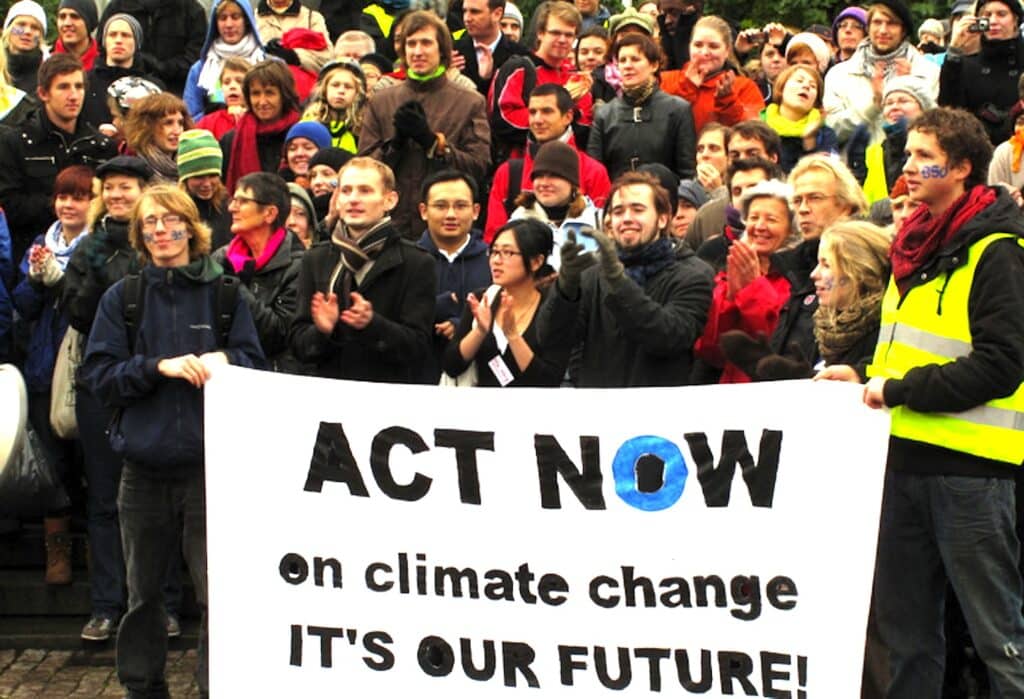The Climate Outreach and Information Network (COIN) conducted a series of narrative workshops to explore strategies for developing framing approaches that engage young people in the UK on climate change.
WHY YOU SHOULD TAKE A LOOK
Young people, as a generation, are facing a future where they may be particularly vulnerable to the risks of projected climate impacts. At the same time, they are also well positioned to take action. In their research study, COIN asserts that youth are a critical audience that warrants increased attention in order to understand shared values and concerns.
KEY TAKEAWAYS
Young people exhibit relatively high levels of reported concern on climate change, but there are competing priorities for their attention and the issue remains a low priority.
Many still view climate change as primarily affecting distant places. However, the research showed a preference for a narrative that frames climate change as an issue for the “here and now” to move climate change from a future to a present day concern.
Young people are cynical of, and feel alienated by, the formal political process and are turning instead to alternative forms of political action such as grassroots activism.
Young people are more likely to understand, care and act on climate change if they can engage with it experientially, through some form of educational, outreach or social activity.
Guilt-based and apocalyptic messaging (especially when juxtaposed against small asks like changing a light bulb) undercut young people’s sense of self-efficacy and it less productive than positive policy messages.
Young people responded to the concept of linking climate change to one’s everyday personal life through talking about the “things we love.”
DON'TS
- Don’t talk about how climate change will impact future generations
- Don’t focus on "fighting the skeptics”
- Don’t assume that climate terminology is widely understood
- Avoid language that might be perceived as ‘preachy’ or guilt-inducing
- The notion that there is a 97% consensus among scientists was viewed as compelling
- Communicate the social consensus on climate action
- Show how climate change relates to (and will affect) young people’s everyday lives
- Ask young people to challenge policy makers
- Messages about recommended climate action should be as specific as possible


